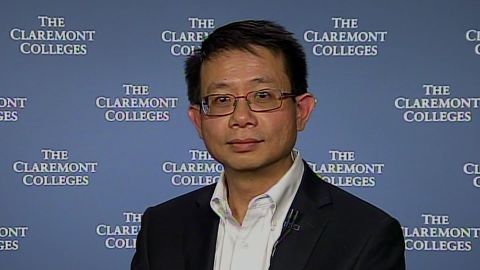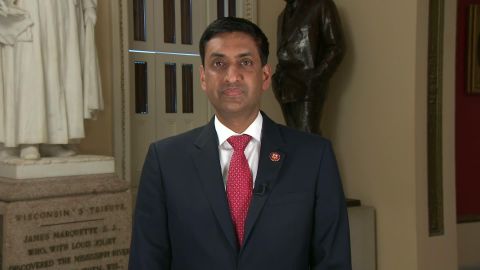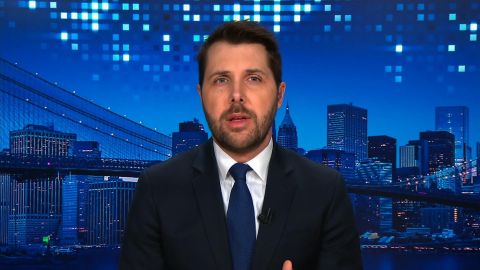Read Transcript EXPAND
CHRISTIANE AMANPOUR: So, what do you say, just as an — you know, just as a starting gambit, that BlackRock is also susceptible and sensitive to what people want, what the public is now saying?
BRIAN DEESE, GLOBAL HEAD OF SUSTAINABLE INVESTING, BLACKROCK: Well, from our perspective, we think about all these issues in the context of what will affect long-term return and what will generate the best long-term financial outcomes for our clients. And so, one of the things that we have thought a lot about and heard a lot about on these broad issues of sustainability, but particularly climate change, is that the changing expectations of society, of the young people around the world, the global movements that are raising the pressure on this set of issues, is actually having a feedback effect into how companies operate. And so, that is something that we pay very close attention to, because increasingly, whether a company can maintain its license to operate in the communities that it serves or with the customers that it serves, is going to be a part of whether it can sustain profitability over the long-term. So, in that sense, we are very focused on these questions of whereas public sentiment, but to the degree that it will actually affect how long-term value is created.
AMANPOUR: OK. So, we’ll talk a little more later a little later about public value and profitability. But first, let’s talk about what you are talking about and what your CEO, Larry Fink, has announced, that BlackRock will no longer actively invest in companies that generate 25 percent of their profits from coal production. That’s what he said in a letter. What – – so, just flesh that out a little bit before we get to the nitty-gritty. Why just 25 percent, for instance?
DEESE: Sure. So, I think the place that we start is with the basic view that climate risk is investment risk. And that has not been the view in financial markets traditionally. But increasingly, we have conviction that that is going to be the case going forward. So increasingly, whether it’s the physical impacts of climate change, you think about the increase incidents of wildfires, whether that’s in California or Australia, but also the risks that are posed by new technologies and new regulations that are forcing carbon intensive industries to change and adapt. These risks are real and they’re putting pressure on companies and their business models. So, as we look at that question of climate risk, we look at those industries and those areas that are the most likely to be affected. Now, we’ve taken a specific position on thermal coal, and as you say, 25 percent or more of revenue in — derived from thermal coal mining, that’s a sub-segment where we think that the investment risks are large enough that in our active portfolios where we have discretion, it’s not worth holding. But the issue of risk actually extends far beyond that, to companies in the value chain of energy production, in transportation, in logistics and supply chains around the world. So, our focus is much broader than the coal issue,
About This Episode EXPAND
Brian Deese, global head of sustainable investing at BlackRock, tells Christiane how his company is embracing sustainability. Ro Khanna, co-chair of the Bernie Sanders campaign, discusses what the New Hampshire victory means for the Democratic party’s direction. Professor Gilbert Gee joins Hari Sreenivasan to discuss the hidden cost of global epidemics. Plus, a special report on the Coronavirus.
LEARN MORE


